In Conversation: Esther Jun
Esther Jun returns to Soulpepper to direct The Promised Land – a concert that reimagines the music of America’s master songwriters to illuminate the works of John Steinbeck and explore the concept of the American dream. From Woodie Guthrie to Madonna, from Bob Dylan to Nina Simone, this new production from Mike Ross and Sarah Wilson takes its audience on a journey in search for the Promised Land.
Esther talks to us about the pursuit of that Promised Land, the power of music to elevate a concept, the relevance of Steinbeck’s work today, and the joy this production has brought her.
Investigating the “Promised Land”
This production is an investigation of that concept of “the Promised Land”, of the “American Dream”. It’s a journey through Steinbeck’s word through song. And though Steinbeck is a well-known left-leaning socialist, Mike and Sarah weren’t trying to go into too political a vein. It really is that – an investigation. It’s more of a questioning than statement. It’s on a much bigger scope.
In one of his letters, Steinbeck says, “it would be a very good idea to listen very closely to these songs. To listen to the rhythms of the work and over them, the words of anger and survival. There is nothing sweet about these songs, but there is something more important. There is the will of the people to endure and fight against oppression. I think we call this the American Spirit.”
That’s what we’re exploring in The Promised Land. That spirit, that drive, that pursuit.
On the Universality of the American Dream
Of course, Steinbeck is American, and we talk a lot about the American spirit and American dream, but I think that the concept of a Promised Land resonates across cultures for all people. The pursuit of the American Dream is the same dream of any migrant anywhere in the world. It’s about raising yourself from one economic situation and dropping into another one. And that pursuit is universal. It can be said of any culture, of any people. It’s just about economic betterment. It’s about working your way up the ladder – at least from the beliefs of a capitalist model.
More than anything else, it’s about aspiration. Regardless of if you’re an immigrant or not – we all have a dream that we’re trying to grasp. We’re all trying to reach for something up ahead.
We all have that. We’re all reaching for something that’s just outside of us. It doesn’t make any difference who you are or where you are. Everyone has that.

Divine Brown, Mike Ross, and Raha Javanfar | photo by Daniel Malavasi
On Steinbeck’s Timelessness
The concert captures a mix of Steinbeck’s books and letters, though Sarah mostly pulled from letters and essays that he’s written. You really get to know more about him as a person and his thinking that you might not see from just his writing. And it’s astounding to me. He says things that sound like he wrote them today.
His Nobel Peace Prize acceptance speech, for example. He wrote it at a time when the nuclear bomb had just been revealed and he spoke about having an important choice and decision to make because now we have this power that we’ve never had. And it still holds true today. If you put the climate change lens on it, that statement still holds true. When you read his words, he sounds like any media pundit today talking about the state of the world.
That’s great writing. It transcends time.
The Powerful Marriage of Music and Literature
What I love about the concert is, of course, the music. Coming from theatre where everything – for me, at least – is text-based, the music creates this feeling that is just so hard to explain.
It’s so different from when I’m listening to the song on the artist’s original album. The way Sarah and Mike have interpreted it changes it entirely, it’s a whole other experience.
There was a point when Sarah and I were just talking dramaturge at the table and exploring where to arrange certain songs, saying “this would go better this way” or “it would be better that way”. And it’s fascinating how the experience changes when you put a song in the middle of this text. It suddenly invokes a different feeling that I didn’t expect.
When you hear the songs, it’ll just click. There have been so many times when I’ve just teared up at rehearsals. Steinbeck’s words are so beautiful, and the music picks up all the little pieces and pulls it even farther, makes it even bigger. It’s such a great combination.
There are great writers who can describe this pursuit of the American dream, but the music just cuts through all of that and makes you feel it. You can’t put words to it.
On Working with Musicians
As a director, concerts are a lot of fun to do. The focus is on the music and I’m just sitting there in awe of everyone. My jaw just hits the floor sometimes. We’re in this room and these artists are singing at me and the talent in that group is simply astonishing. Mike makes an offer, and everyone just jumps in – “Oh, I’ll try this instrument,” “Let me try this,” and “I’ll do that.” I feel really blessed to work with artists who are at the top of their game. Every single person in that room is at the top of their game.
Music just brings so much joy and inspiration. I can’t tell you how impressed and awestruck I am.

Sarah Wilson, Hailey Gillis, Jacob Gorzhaltsan, Raha Javanfar, Esther Jun, Adam Warner, Joseph Ziegler, Travis Knights, Mike Ross, Divine Brown, and Scott Hunter | photo by Daniel Malavasi
On Finding Joy
The Promised Land has been such great synthesis of a lot of what I’ve been doing and thinking and feeling about the world. And to have it all put into a project where everyone is just so good at what they do is incredible. It’s truly so joyful to have the right words, the right singers, the right music – all of that in one pot and coming out with this amazing meal.
On What the Audience Should Take Away from The Promised Land
When I think of the Promised Land, I think of this wide open space and the feeling you get when you’re watching a sunset. I call it the ineffable feeling of watching a sunset– that feeling of not understanding how big and beautiful something is.
I always think about it from my parents’ point of view. They left Korea to come here. This is their idea of what a Promised Land is. I haven’t had that same journey because I’ve always been here in Canada, but I can just imagine that feeling of going into the unknown. That hope, but also the fear – it runs the gamut of human emotions.
And that’s really what this is about. Humanity’s aspirations. It’s always there in the distance. You can see it. It’s beautiful, but underneath that there’s an undercurrent of fear.
Is that too much to ask for an audience to feel?
Promised Land is on stage from July 12th to July 27th, at Soulpepper Theatre. For tickets and more information, please click here.

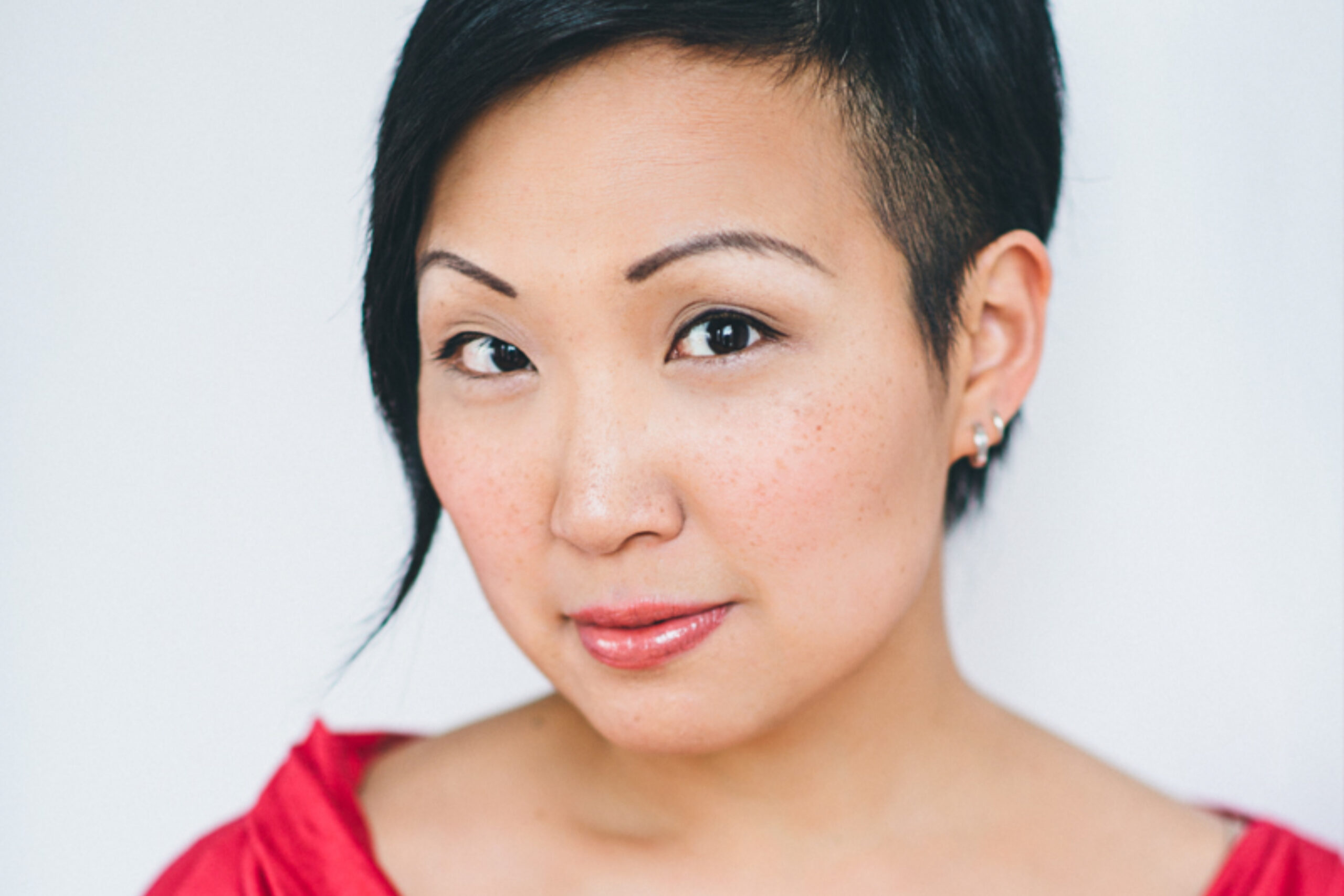
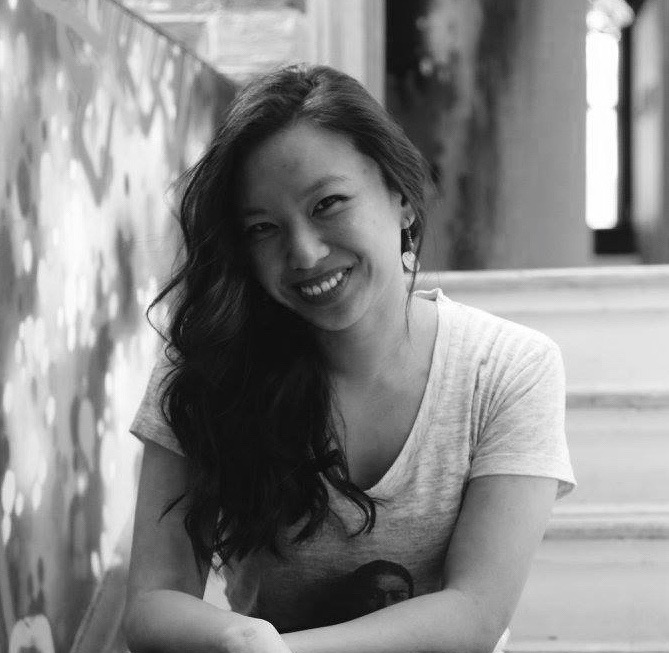






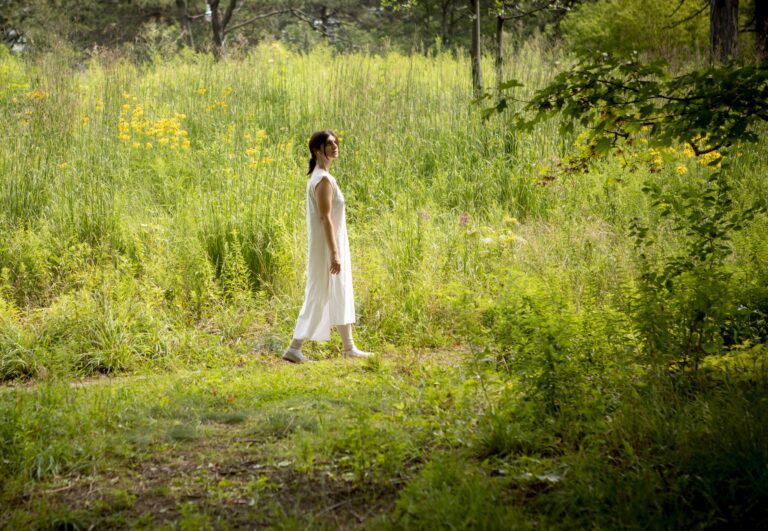
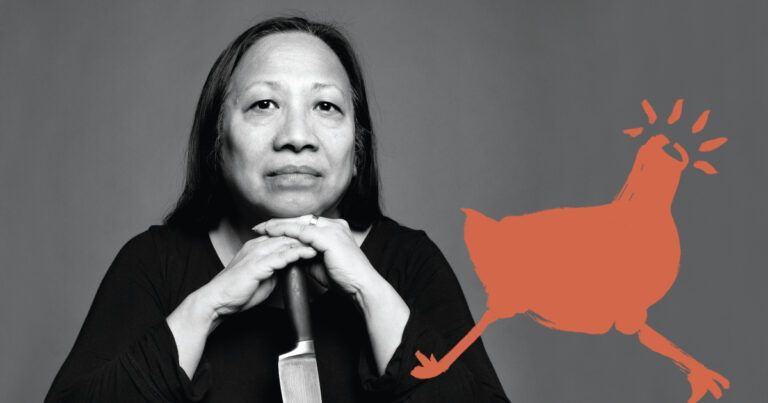
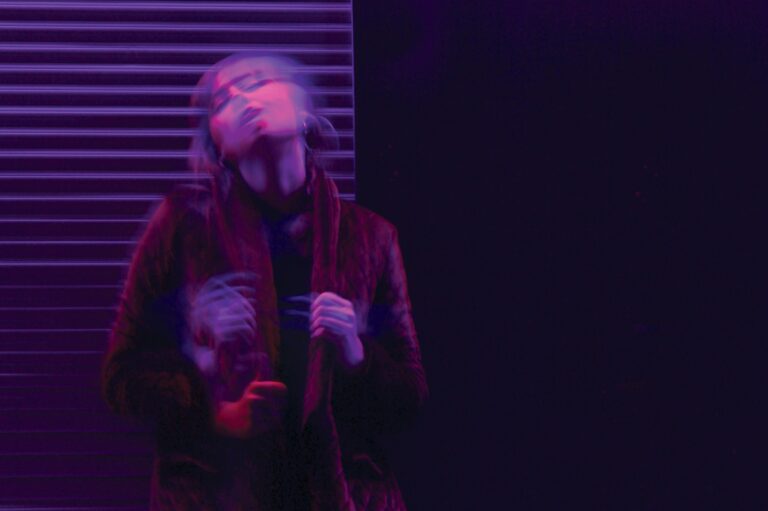
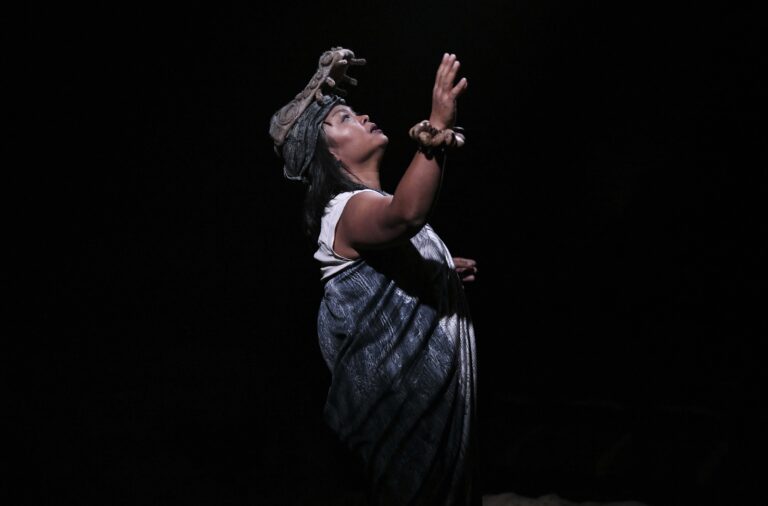
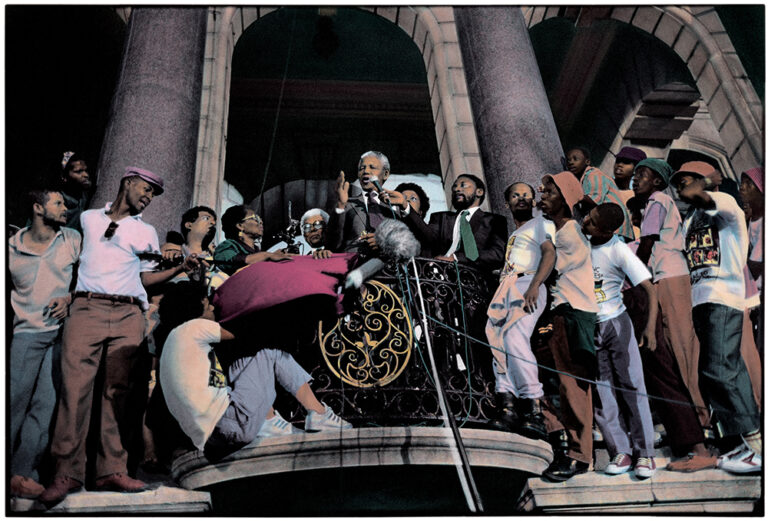
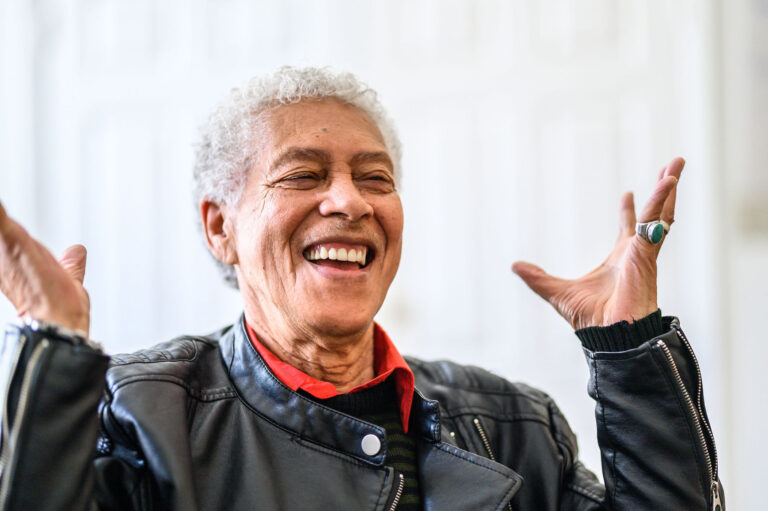
Comments